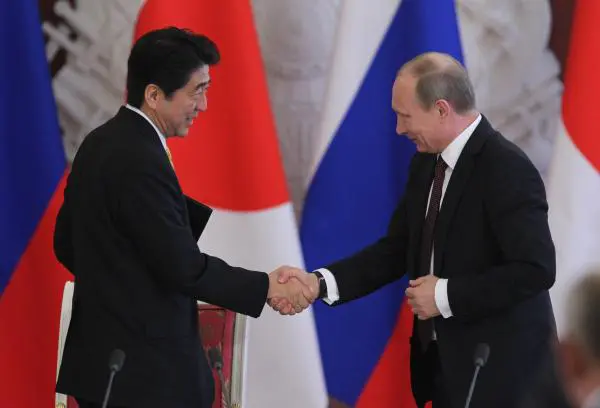Leaders of Syrian opposition and representatives from its main backers attend a high-level meeting in Paris, France, on Jan. 28, 2013, discussing how to raise funds for Syrians affected by conflicts in the country. (Xinhua/Gao Jing)
In a fresh attempt to press for a swift political transition in conflict-torn Syria, a large gathering including senior officials of Syrian opposition and delegations from Western backers was held here in Paris on Monday.
A last meeting but not least to resolve the Syrian crisis which is now in its 22nd month, claiming some 60,000 lives and forcing 650,000 Syrians to flee the conflict to neighboring borders.
Addressing the opening of the meeting, French Foreign Minister Laurent Fabius urged acts and decisions to pave the way for the opposition to set a transition government able to restore stability in Syria.
"We must act and decide. We are gathered here to work effectively with the coalition and give it the needed tools," Fabius said.
France's top diplomat also warned of "... Islamist groups that risk gaining ground if we do not act as we should."
"We cannot let a revolution that started as a peaceful and democratic protest degenerate into a conflict of militias," the minister added.
However, no concrete decisions came out after the half-day conference as violence is escalating in the Arab country triggering question marks over the usefulness of the political marathon.
In the view of a French diplomat, Syrian opposition backers "do not want this meeting, as was the case with last ones, the opportunity to align numbers and make addition ... and want to help concretely the Syrian National Coalition (SNC)."
"It seems well gone ... The coalition is assured to operate several months, so with the money it will receive, by technical means that it will be granted or the expertise that many countries undertake to provide," the diplomat was quoted by the weekly Le Nouvel Observateur as saying.
As no sign in sight of a close fall of Syrian President Bashar al-Assad and the coalition's arrival to power, Riad Seif, vice-president of Syrian exiled opposition umbrella, said "time is not on our side" and that the coalition no longer wanted supporter's promises that would remain on paper.
"I hope that our meeting will be different from previous ones. I hope that the Syrian people will see tangible results on the ground because they do not accept they representatives to come back empty-handed, with only promises that are never kept," the opposition's senior official stressed.
Monday's talks are considered a follow-up meeting by Paris after its "Friends of Syria" summit hold in Marrakesh last month.
During this meeting, 100 countries recognized the Syrian National Coalition as "the legitimate representative of the Syrian people," and pledged to award it 145 million U.S. dollars to improve the coalition's political credentials and expertise and help Syrians weakened month-long conflicts.
"Nobody is seriously seeking a solution. Currently, the conflict has only been costly for the Syrians. External actors are, for now, just looking to see where it leads and take a few indecisive measures," Peter Harling, an expert on the Syrian issue at the International Crisis Group told the Lebanese daily L'Orient Le Jour.
"For the moment, most reasonable people are taken in hostage by the more radical elements, in the side of the regime and the opposition too," he added.
In November 2012, the Syrian opposition announced the birth of a new coalition composed of representatives of rebel fighters, veteran dissidents and ethnic minorities that Western and Arab allies hope it can oust al-Assad and ensure a swift political transition in the violence-ridden Arab country.
French President Francois Hollande, the first European leader to recognize the coalition, is calling on Syria's opposition to form a provisional government and said to recognize it once such a government is formed.
According to SNC officials, the coalition needed at least 500 million dollars to launch a government.
"We need an interim or transitional government to provide assistance to millions of Syrians in liberated zones and to help bring the collapse of the (al-Assad) regime but so far we haven't received any money to run a government," Seif unveiled.
"But if we don't have this budget there is no point having a government. It makes no sense," he added.
Paris meeting will be followed by another UN-sponsored international donor conference in Kuwait on Wednesday, which hopes to raise 1.5 billion dollars to assist the Syrians affected by the two-year conflict.
Adding to that, the European Union is set to review its arms embargo on Syria at the end of February.
But will the new series of diplomatic meetings curb the escalating bloodshed in Syria's towns and streets ravaged for almost two years?
 简体中文
简体中文

